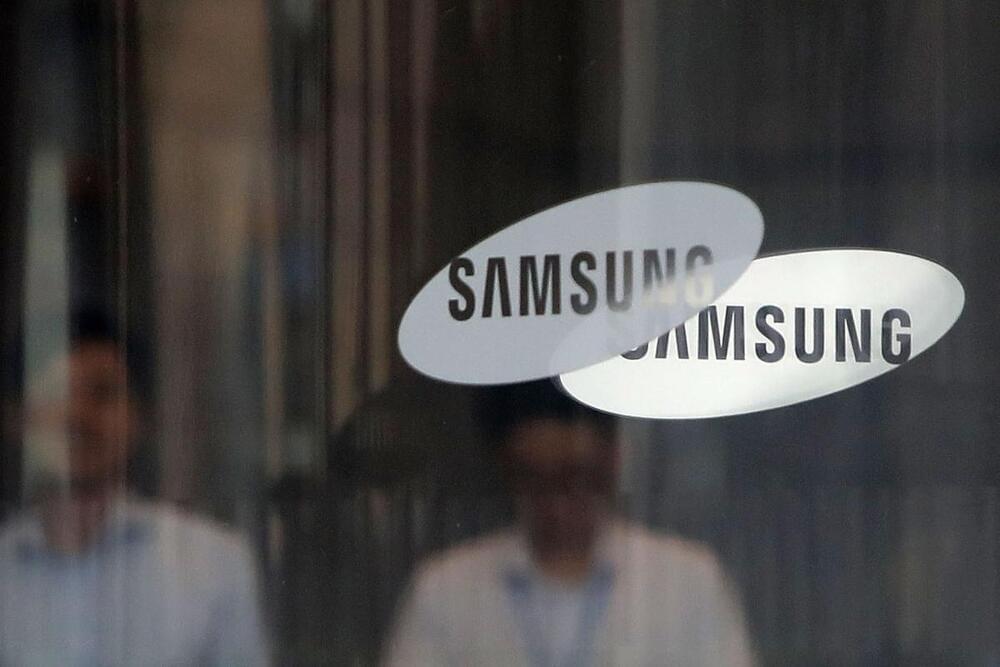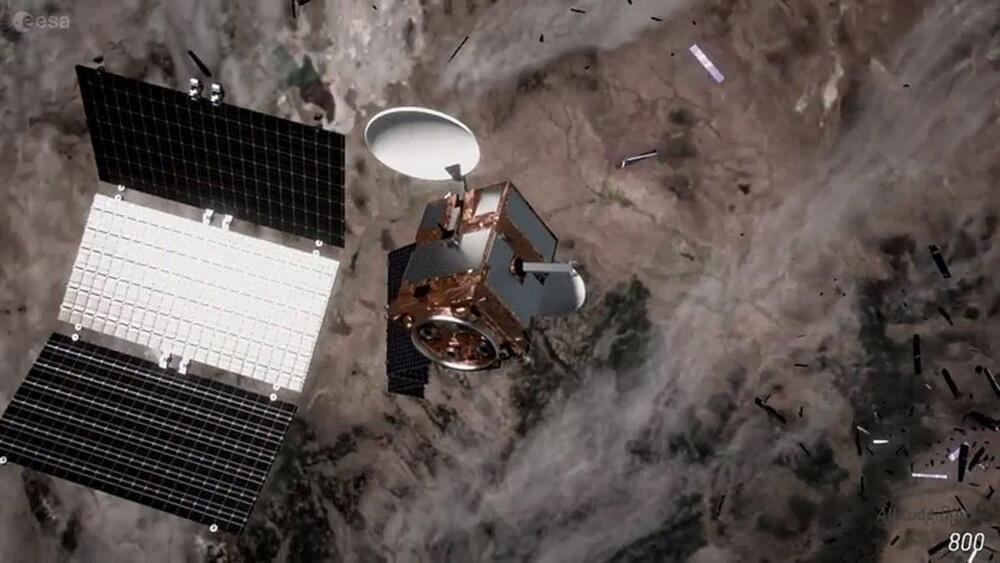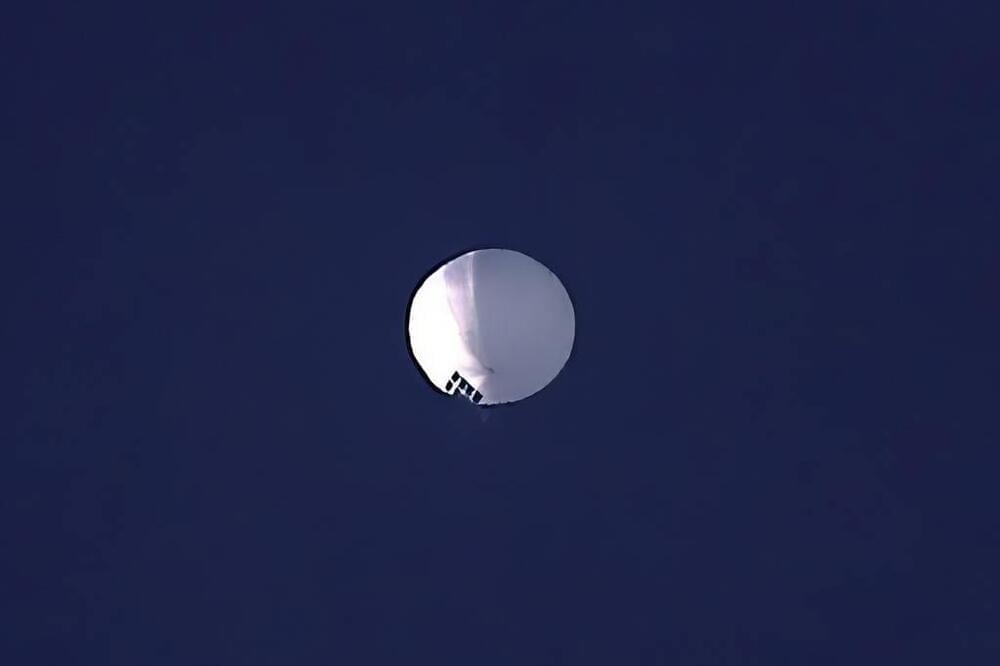The buzz in the wireless industry is all about space, or what is referred to as non-terrestrial networks (NTNs). The wireless 3GPP Release 17 specification includes two new standards for satellite communications from smartphones, mobile electronics, and IoT devices directly to satellites. While satellites have always been part of the wireless communications infrastructure, they have traditionally provided backhaul network communications, not direct communications to mobile devices other than clunky satellite phones and emergency equipment. Direct satellite communications with individual mobile devices will help overcome gaps in terrestrial cellular networks, providing a truly global infrastructure that can be leveraged by a variety of industries, and bridge the digital divide by bringing wireless communications to rural areas that often lack the infrastructure even with the rollout of 5G cellular networks.
The 3rd Generation Partnership Project or 3GPP is a global standards body consisting of a wide variety of wireless ecosystem members, such as intellectual property (IP) providers, semiconductor companies, networking companies, device OEMs, and wireless operators. Since 1998 and 2G cellular technology, members of the 3GPP have worked together to develop standards for new wireless technologies continuously. While the industry is now well past 3G and new generations of cellular technology are still introduced approximately every 10 years, new releases of the 3GPP standards are released approximately every two years within a generation in an on-going effort to increase the efficient use of a limited natural resource – radio spectrum. The standards also encourage the freeing up of additional spectrum, the development of new radio access networks (RANs), new encryption technology, higher network performance, aggregation of spectrum from different carriers and wireless technologies, support for additional use cases, and new network configurations. In other words, the 3GPP group is tasked with improving wireless technology with each generation and providing a global network that can be accessed from anywhere and by any device. With the inclusion of satellite networks, or non-terrestrial networks (NTNs), a global network will finally be possible.
The latest 3GPP standard that was finalized in 2023 is Release 17, the 3rd Release within the 5G cellular generation. Among other enhancements and additions, Release 17 includes two new standards for satellite networks, IoT-NTN and New Radio NTN or NR-NTN. The IoT-NTN standard defines narrow band using a 200KHz channel for two-way messaging and other low-bandwidth consumer and embedded/IoT applications, such as location tracking, asset tracking, and sensor monitoring. The data rates for IoT-NTN are similar to the data rates that were experienced in 2G. It will provide basic data connectivity.








